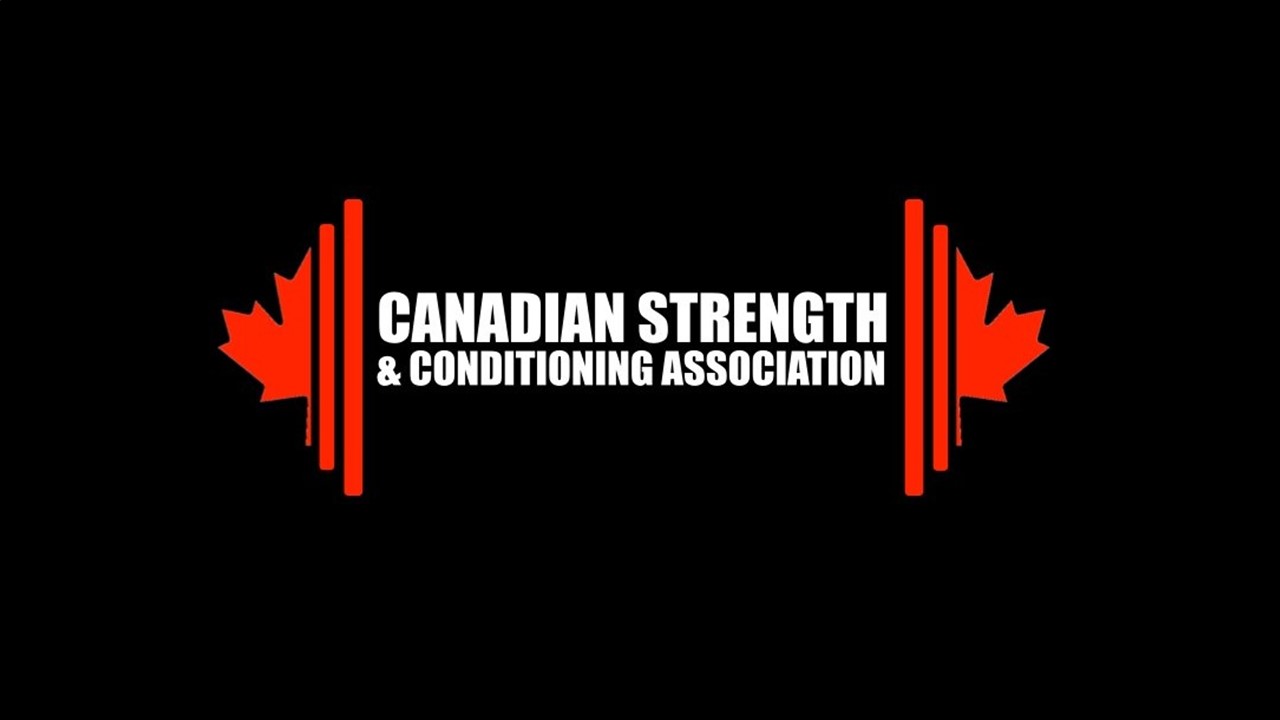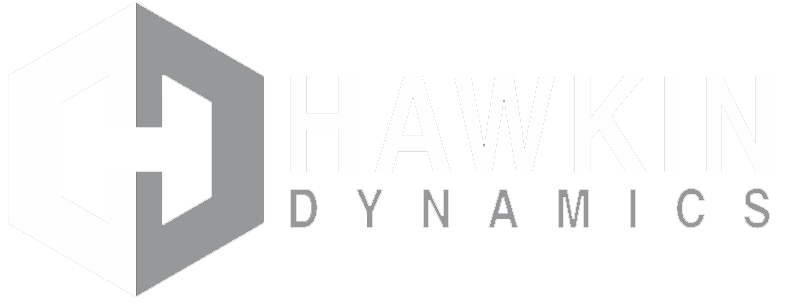CSCA 2022 AGM President’s Summary

As we embark on the 2023 training year, I felt it was a good time to share a summary our 2022 AGM outcomes and the strategies for growth for this year. AGM’s are rarely the highlight of a year, but they are an important milestone for the association as it provides an opportunity for all members to be involved in setting the direction for the next fiscal year.
The major event of the AGM that establishes the year’s agenda is the election of the new Board. In this election cycle there were four positions available which were filled with energetic and highly qualified CSCA members.
- Cole Hergott
- Joe McCullum
- Amarah Epp-Stobbe
- Shawn Preston
If you visit the CSCA website you can learn more about each of the Board members. Returning to the Executive for the second term are myself, Shauna Forsyth as Vice President, and Sam Eyles-Frayne as Secretary/Treasurer. Inaugaral President, and CSCA Founder Sheldon Persad continues to advise the Board and assist when needed.
The major presentation at the AGM was a report on the new membership drive. Membership is critical for the viability of a professional association as it provides the funding for developing new initiatives and building critical infrastructure.
To date, the association has registered 144 members. Our membership is mainly residents of Ontario, followed by British Columbia and Alberta (Figure 1). As can be seen, there is a strong need to recruit members from undersubscribed provinces.

The lifetime charter membership drive was popular as 70% of new members elected for that option. 68% of the membership identified as male, which is in line of our goal of 30% female representation. 73% of the membership identified as Caucasian which is also on track for our goals of minority representation. What was interesting was that almost half of the membership had a Masters degree, indicating that this is a popular terminal credential in our industry (Figure 2).

What was also interesting was that there was a good representation of new and old professionals that registered which suggests a nice balance between experience and growth potential for the membership (Figure 3).

The goal for next year is to enroll 250 members. This will require a sustained membership drive using social media, outreach to under represented regions, and new professional outreach.
The number of members insured through our provider Apollo Insurance is quite low. This is likely the result of the launch of this service occurring after the deadlines for insurance provided by other associations. There is much discussion around best choices of insurance products for our profession. The key with Apollo Insurance is that it is a Canadian provider that has a robust customer service platform and a variety of levels of insurance coverage. It also has monthly payment options and dollar for dollar is similar to other providers.
Reports were provided by each of the committee chairs on the past year’s progress and plans for the year ahead. The Membership Standards Committee, chaired by Shauna Forsyth, has been active in creating the pathways for entry into the new Canadian Strength and Conditioning Professional (CSCP) certification. There are two pathways being developed, 1/ the Legacy pathway, and 2/ the New Professional accreditation. Discussions are ongoing with the Canadian Society for Exercise Physiology (CSEP) to merge the New Professional accreditation with the existing CSEP High Performance Specialization that is offered to current certified members. New professionals carrying credentials from both associations would have the depth and breadth of knowledge to apply sport science and performance interventions in a variety of workplace settings. The long-term plan is to make this a required credential for hiring in all major strength and conditioning settings.
The Digital Communications Committee chaired by Samantha Pritchard described a modestly expanded social media calendar that now includes the member-only Facebook page. This page will serve as a major discussion portal for members to network and learn from each other. The Digital Communications outreach will expand further this year with the oversight of the new chair Cole Hergott. The biggest project for this committee is a complete rebuilding of the website and members portal. The current version of the website is not capable of managing the registration and accreditation of our members in a scalable way. The new version will be much easier to navigate and include a membership portal that allows for tracking of continuing education.
The Education Committee chaired by Jordan Foley presented on the second CSCA Annual Conference and ongoing stakeholder educational outreach. We are looking forward to our conference this year which will be offered in a hybrid format with a coast-to-coast online portion and separate regional meetings that are more practically based. Save the May 13 date in your calendar for this event. The CSCA continues to produce meaningful content, articles and webinars which will be maintained through this year. The committee has refined its content further to provide profession-specific streams of information for high performance, collegiate, high school and private themes. They will continue to build content and outreach in each of these areas.
A financial report by our Secretary/Treasurer Sam Eyles-Frayne demonstrated in a snapshot that our finances are strong thanks to our membership income. A significant portion of savings has been allocated to the website redesign, with the remainder being banked for ongoing operating costs which are predicted to double this year. With the creation of the certification process it is hoped that we will have sufficient funding to start creating financial incentive pathways for new coach development.
The highlight of the meeting was the keynote address by Craig Walker, President of Weightlifting Canada Halterophile, on the legal challenges facing amateur sporting organizations. It offered insight into how legal liability has evolved in the past decade and offered mechanisms by which you can protect your business or organization from legal risk. The participants on the meeting left with an increased interest in reviewing their insurance policies, waivers, and employment standards. This talk has been edited from the full meeting and is now available on the CSCA member’s page.
In closing, the state of the association is strong. We have a strong board, strong committee leadership and a high energy membership base to move us through our professional objectives for this year. As always, we would like to encourage you to get involved by joining our advisory team, committees, writing articles and attending our conference. Please use the Facebook members page to create discussions and ask questions. As a network of professionals across Canada we can influence significant change and growth in our profession.






